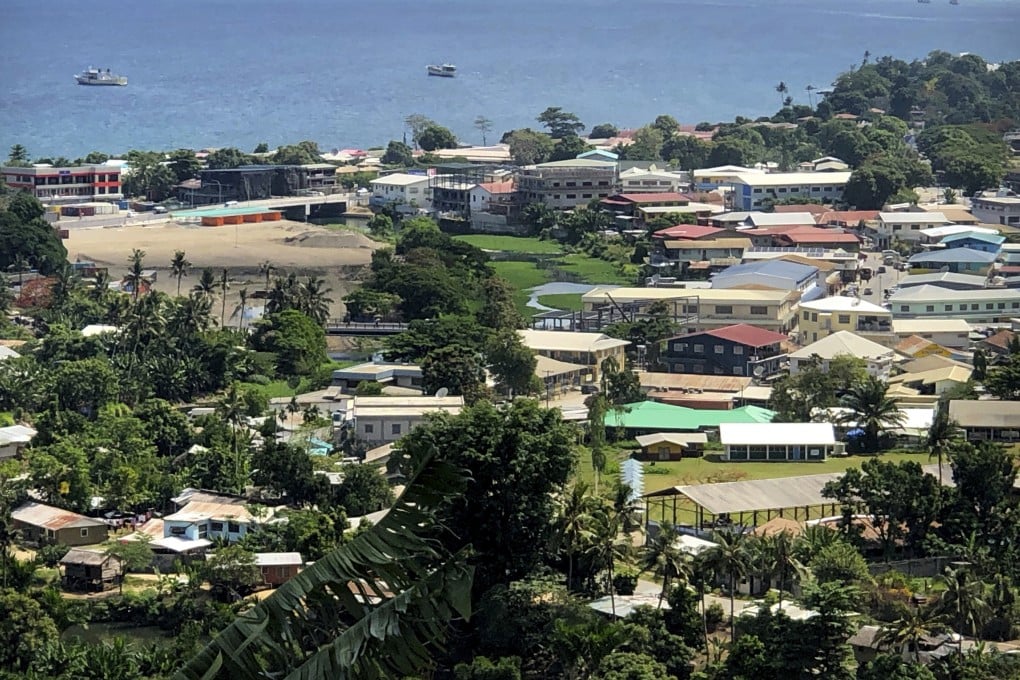My Take | Why Beijing’s security pact with Solomons has been a huge blunder
- Islands provide perfect example of ‘China threat’ for US and its allies as they then turn central and south Pacific into their sphere of influence

When China announced in April last year that it had signed a security pact with the Solomon Islands, an archipelago of about 1,000 tropical islands and atolls, it sounded like it had achieved a diplomatic and strategic breakthrough in the South Pacific.
Australia and the United States were alarmed. Washington sent a high-power delegation to convince Honiara, unsuccessfully, to scrap the deal. Pundits and politicians in Australia reacted in hysteria, with one even threatening to bomb the Solomons into submission.
As it turns out, the security deal has been a diplomatic gift that keeps on giving – to the Western alliance. By providing the perfect excuse and political cover, the US has quickly, if quietly, turned the central and south Pacific into effectively a sphere of influence. Beginning with the Aukus security pact with Britain and Australia, it is fully integrating both regions into its diplomatic, military and strategic orbit.
The Solomons has become the odd man out, and the perfect bogeyman to point to as an example of the allegedly omnipresent “China threat” whenever there is a Western military or strategic expansion in the region, however outlandish or egregious.
Meanwhile, the Solomons deal hasn’t been the diplomatic or security breakthrough Beijing thought it was in a region that has long been out of bounds for the Chinese. Rather than being a foothold or a beachhead, it has become effectively a self-voluntary encirclement by more than a dozen island nations alongside Australia and New Zealand under the US imperium.
This week, Washington is celebrating with leaders of the Pacific island nations in a high-profile summit at the White House. President Joe Biden has gloated that America is “back in force” in the Pacific. Indeed.
